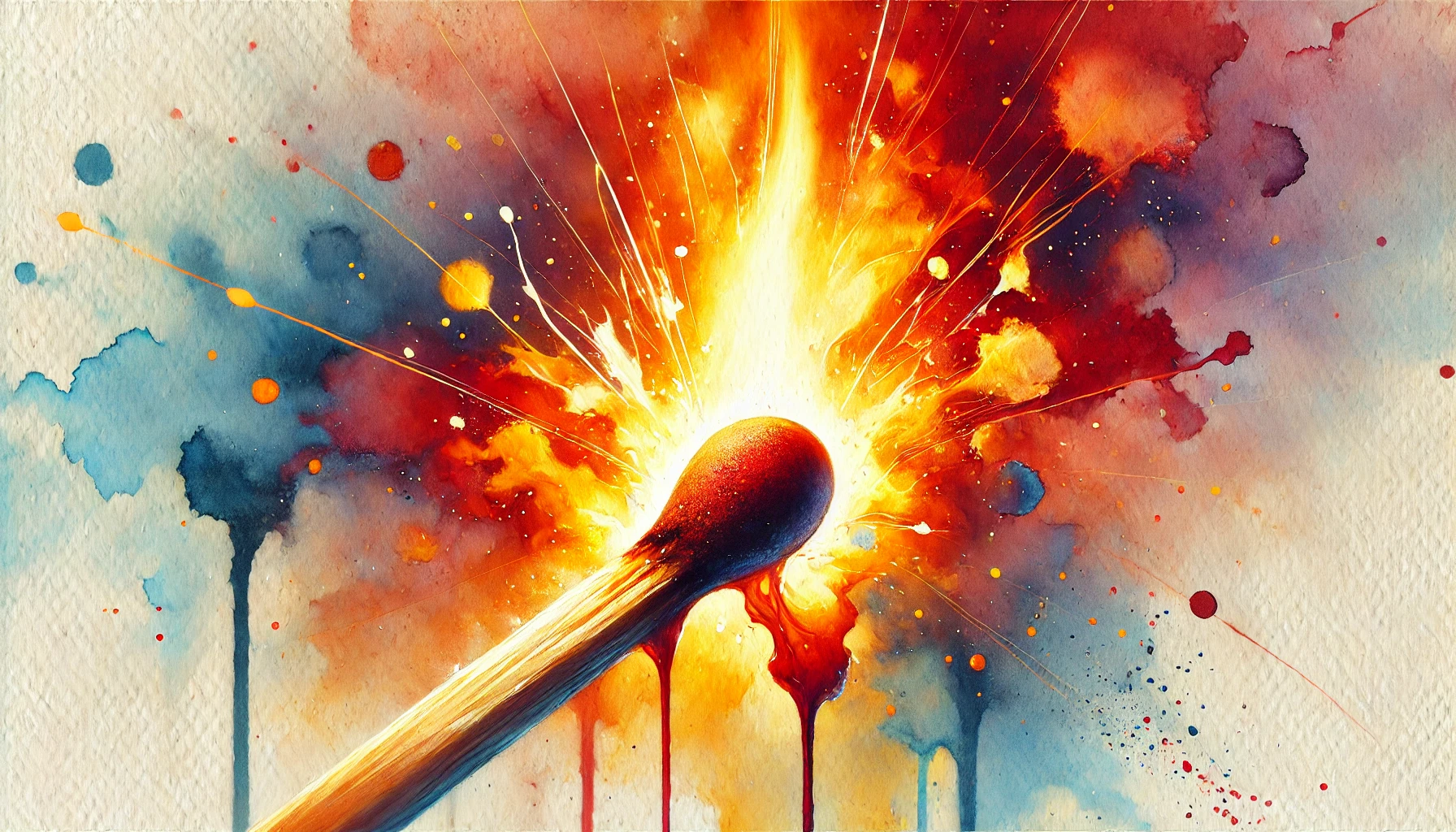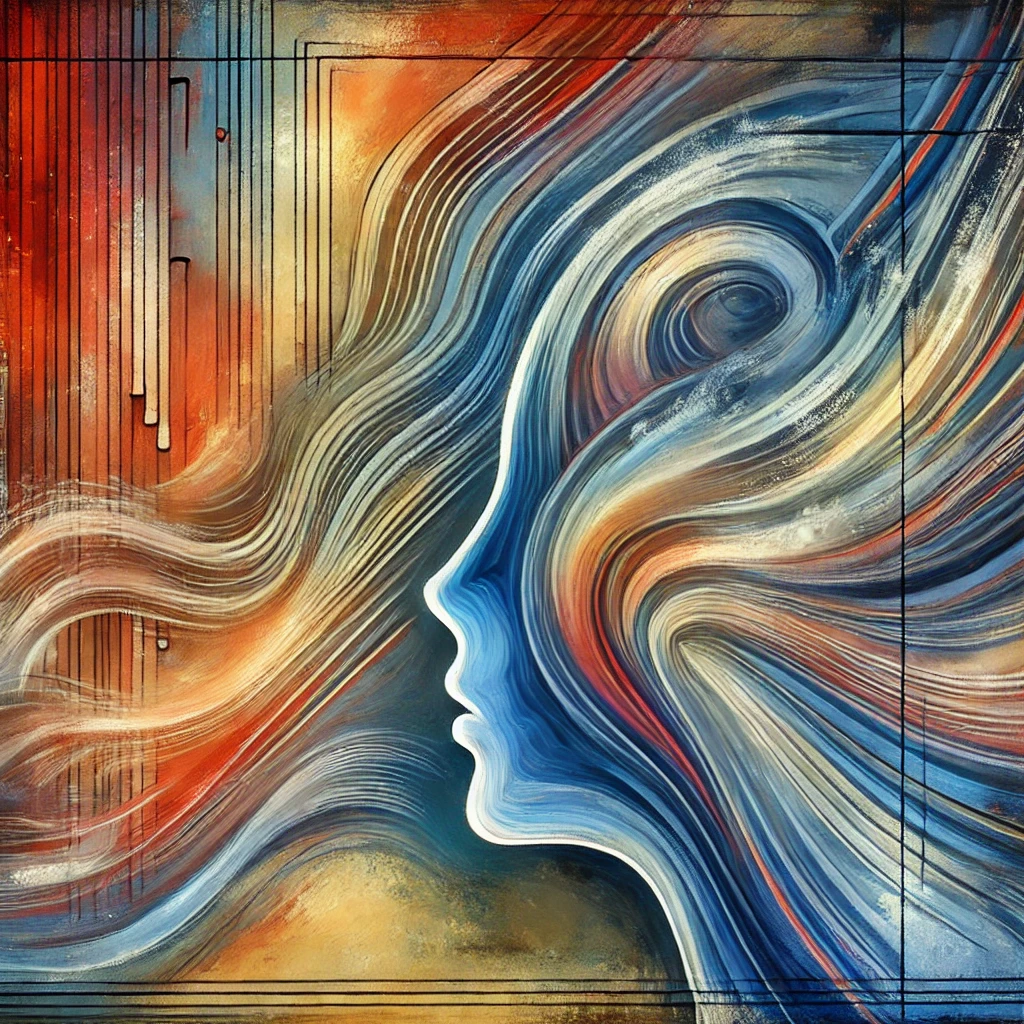The holidays are a time of tradition, when many of us wrap ourselves in the past as in a comforting blanket. But how many of our traditions are actually based on ideas invented in our recent past?
Now, the idea of “invented tradition” is nothing new to us as humans. A book written back in 1983, The Invention of Tradition, lists many examples of invented tradition. For example, many rituals carried out by the British royal family are less than 100 years old. Woodrow Wilson delivered the first State of the Union address in front of Congress in 1913. Previous presidents simply sent a note that was read to the congressional assembly. It wasn’t even called The State of the Union until 1934.
In marketing of course, we make our careers by inventing tradition .
If you take a “coffee break” today, you’re participating in a tradition invented by the Pan American Coffee Bureau in the 1940s to, ahem, make coffee great again.
When I say “Santa Claus,” you might think of a chubby man in a red suit with rosy cheeks guiding a sleigh pulled by reindeer. You can thank Coca-Cola for that image; the company has helped define what Christmas looks and feels like since 1931.
If you’re considering spending the (recently) traditional three month’s salary on an engagement ring for your significant other, you can thank De Beers for its brilliant marketing campaign.
Now, of course, all traditions are invented; meaning every tradition at some point wasn’t one. Someone was the first to put money under their kid’s pillow in exchange for a tooth. Someone sent the first Father’s Day card, wrote the first Valentine’s Day card, or went to work on a Friday in a casual outfit. All of those examples, by the way, also came from marketers.
So, what’s the point? As marketers, as communicators, as content creators, this is our job. Creating culture and inventing tradition is what we aim to do. When we introduce something into the culture – when we invent a tradition – we have hit a new high. We’ve had impact on our culture.
Twenty or thirty years from now, there will be angry people who are up in arms about leaving out the “traditional emoji” from digital communications. There will be an angry group who are upset about the dismantling of the traditional hashtag. Some will protest the loss of the physical mailbox or the disappearance of going house to house asking for candy on Halloween.
Traditions help define our past, shape who we are today, and who we might become.
But, that last part is the key. We change.
We are always inventing traditions. The traditions that stand the test of time remain not because of who we were, but because of who we have become.
And for those of us that want to shape culture, and reinvent tradition, our responsibility is to be good stewards of both who we are as a culture and who we want to be.
Happy New Year to you.
It’s your story. Tell it well.





